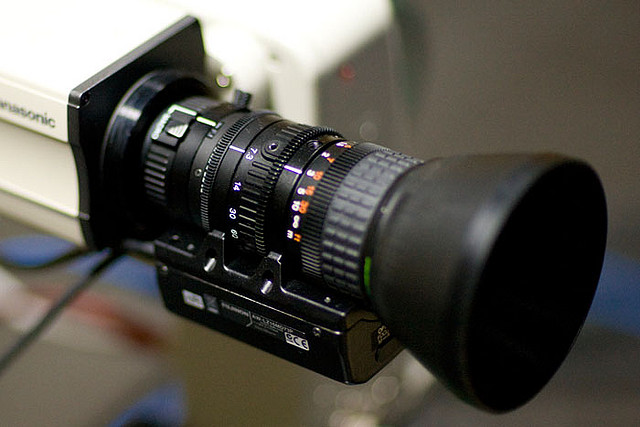Yes! The media has contacted you and they want to interview you for a feature story related to your industry. Earned media: it’s what every business owner hopes for. “But wait,” you think. “Now I’m nervous…what if I stumble on my words…what if my mind goes blank…what if…”
Relax. The following tips will help you plan for before, during and after an interview by the media.
1. Be prepared.
Many folks think they can wing it because they feel assured that they know their topic inside and out and that preparation isn’t necessary. Wrong. You will come across as a true expert when you speak strongly and assuredly about the topic. Remember, this interview is also an opportunity for the reporter or outlet to invite you back or become a part of their in-house Experts List.
2. Know why you’re being interviewed.
Sounds obvious, right? Ask in-depth questions about the topic and how you can be helpful. It’s okay to ask what the reporter expects to get out of the interview.
3. Make a list of key message points.
Generate a list of three points you wish to address during the interview. Keep your remarks positive, relevant and interesting. Use the message triangle approach to help generate your list.
4. Strong quotes help you and the reporter.
Reporters love good sound bytes. Solid, memorable quotes for their article or newscast make a good story, a better story. Know in advance the key message or quote you’ll want to make, as it will add credibility, interest and emotion to the interview. Help make your message memorable by using key action words or descriptive metaphors.
5. Avoid jargon.
Terms that are widely used in your work world are likely not terms that the average person might be aware. Speak to that audience so that your information is accessible and understandable.
6. Be ready to go “off-topic.”
Reporters may ask additional questions that may not pertain to the specific focus of their piece. They may ask broad questions that are relative to your industry to add value to their story.
7. Self-promotion is not cool.
Bottom line: the reporter is not there to advertise your business. Keep it about what you know vs. where you work.
8. Be concise.
When the interviewer asks a question, keep your answer brief. It makes for a more effective interview and helps the dialogue between you be more conversational in nature. That’s a good thing.
9. What to wear, how to sit, where to look.
The three primary media outlets are TV, radio and print/online media.
- Pay more attention to your appearance and body language with television. If live in the studio, the cameras will capture you from wide and close-up angles so be aware of what you wear from head to toe. Literally. If seated, be aware of how you sit, any nervous twitching you may be prone to and adjust accordingly. (For example, if you don’t know what to do with your fidgety hands, lean on one arm and fold your hands together comfortably.) Eye contact with the reporter is essential.
- If the TV news comes to you for a piece that will air on the evening news then the story will be edited for broadcast. Be succinct with your answers. If you make a mistake, simply ask the reporter to ask the question and let you respond again.
- Talk radio shows are intended to be conversational, informative and are typically aired live. As with TV, be interesting and brief with your answers. Use metaphors to create a strong visual for the listener since there are no pictures to accompany the story.
- When interviewed for print or online media, it may seem easier to be more informal with the reporter. Even though it’s just the two of you in the room or on the phone, the reporter can quote anything you say. Be as clear, concise and as interesting as you would be if on TV or radio.
10. Say thank you.
Follow-up after a successful interview with a reporter isn’t critical but a quick, thoughtful “thank you” can go a long way. In your thank you email, offer to be available for future topics in your industry. This gesture will help you stand out from others in your industry.
——–
photo credit: TV Studio Camera, by Waleed Alzuhair on flickr




[…] http://www.inc.com/guides/2010/05/preparing-for-broadcast-intervews.html http://conversations.marketing-partners.com/2013/06/10-tips-for-media-interview-preparation/ […]